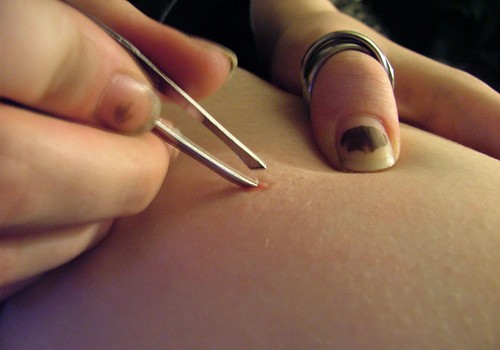
Every Family Medical Kit Needs Tweezers
Tweezers aren't just for plucking the occasional hair growing in the wrong place. Tweezers also are your first line of defense against ticks, the eight-legged creepy crawlies that can carry Lyme disease. The key to using tweezers is never to "tweeze" your skin. Always place the pincers of the tweezers on the bug or splinter or stinger you are trying to remove, not on the skin itself. If you put the pressure of the tweezers on the object you are trying to remove rather than on the skin itself, you don't force it into your skin--essential in preventing the spread of tick-borne diseases.
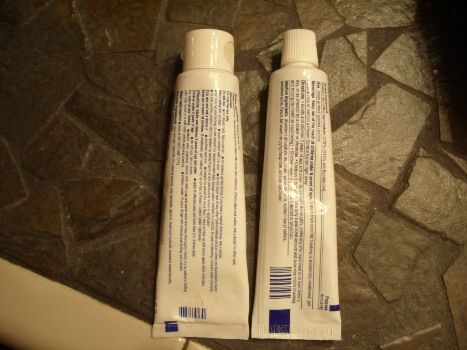
Hydrocortisone Cream For Relieving Itch And Inflammation
Every family's medicine cabinet or medicine kit also needs a tube of hydrocortisone cream. Technically, hydrocortisone is a steroid, but since the highest concentration that can be bought in most countries is just 1% hydrocortisone, over-the-counter hydrocortisone preparations aren't going to cause anyone any side effects. Hydrocortisone works by counteracting an overactive immune system. Toning down the immune system's response to an allergen, hydrocortisone stops the release of irritant histamine in the skin, and reduces the severity of stress reactions. Looking for a natural alternative to hydrocortisone? Consider Simicort, the licorice-based cream that helps the skin preserve its naturally occurring cortisone, which keeps inflammation to a minimum. Don't mix hydrocortisone with sun block that contains zinc.
- Important notification about information and brand names used in this slideshow!
- Photo courtesy of wearegoddesses by Photobucket : media.photobucket.com/user/wearegoddesses/media/GoG2008002.jpg.html?filters[term]=Hydrocortisone%20Cream&filters[primary]=images&filters[secondary]=videos&sort=1&o=0
- Wilborn, C. D.
- Kerksick, C. M.
- Campbell, B. I.
- Taylor, L. W.
- Marcello, B. M.
- Rasmussen, C. J.
- Greenwood, M. C.
- Almada, A. et al. (Dec 2004). "Effects of Zinc Magnesium Aspartate (ZMA) Supplementation on Training Adaptations and Markers of Anabolism and Catabolism" (Free full text). Journal of the International Society of Sports Nutrition 1 (2): 12–20. doi:10.1186/1550-2783-1-2-12. PMC 2129161. PMID 18500945.

Rub-On And Spray-On Hand Sanitizer
Millions of people carry around little bottles of hand sanitizer. In a world full of sneezes, coughs, and open cuts, hand sanitizer offers a way to wipe out most of the germs on your skin without stinging, burning, or strange odors. The important thing to remember about hand sanitizers is that they do not substitute for hand washing. You still need to hold your hands under warm water to get rid of the germs that hand sanitizers miss, preferably washing your entire hand, back and front, with warm, soapy water at least 15 seconds, long enough to sing a stanza of "Row, Row Your Boat" or "Happy Birthday," not that you necessarily should do this in a public washroom.
- Important notification about information and brand names used in this slideshow!
- Photo courtesy of akemp42 by Flickr : www.flickr.com/photos/adamkemp/4054722092/
- Callahan A, Baron E, Fekedulegn D, Kashon M, Yucesoy B, Johnson VJ, Domingo DS, Kirkland B, Luster MI, Nedorost S. Winter season, frequent hand washing, and irritant patch test reactions to detergents are associated with hand dermatitis in health care workers. Dermatitis. 2013 Jul-Aug. 24(4):170-5. doi: 10.1097/DER.0b013e318290c57f. PMID: 23857011.
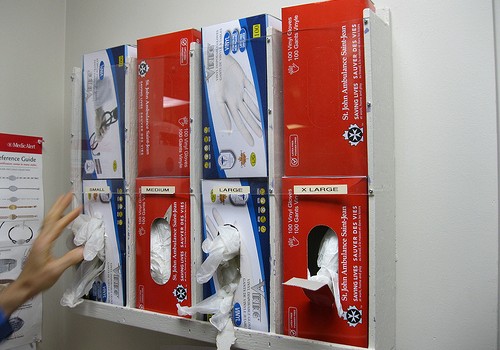
Gloves For One-Time-Only Use
Gloves protect your hands from contact with germs, and they also protect other people from contact with your hands. Where people go wrong with the use of gloves is by trying to save money by using them more than once. It won't be possible to put the gloves on a second time (unless you have someone hold them for you, exposing them to whatever may have accumulated on the gloves) without contaminating your own skin, and using gloves twice exposes the person you are helping to the first person's germs, or reinfects that person with germs that accumulated on the gloves during their first use. Always discard gloves after you use them, turning them inside out as you take them off, and discarding them into a garbage sack, not loose into the trash. Be sure to buy nitrile gloves if you are allergic to latex.
- Important notification about information and brand names used in this slideshow!
- Photo courtesy of iwona_kellie by Flickr : www.flickr.com/photos/iwona_kellie/9129017686/
- Garus-Pakowska A, Sobala W, Szatko F. The use of protective gloves by medical personnel. Int J Occup Med Environ Health. 2013 Jul 15.

The Right Pain Relievers
Everybody needs to keep a pain-reliever on hand, but not everybody needs the same brand of non-steroidal anti-inflammatory medication. If you have had a heart attack or if your doctor tells you that you need to take aspirin every day, chances are that you will need to keep aspirin on hand. However, it will need to be "baby" aspirin, the 81-mg kind. Tylenol is great for relieving aches and pains if you have tummy trouble, but be careful in giving this pain reliever to small children. Always follow label directions. Many people also need to be careful with Aleve; don't take this pain reliever if you have kidney problems.
- Important notification about information and brand names used in this slideshow!
- Photo courtesy of Quinn Dombrowski by Flickr : www.flickr.com/photos/quinnanya/6803440657/
- Anonymous, 12 things you should know about pain relievers. A dozen take-home messages about the pills that take the hurt away. Harv Health Lett. 2007 Feb. 32(4):4-5.
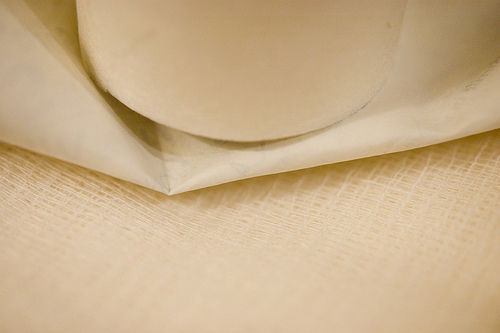
Sterile Gauze and Tape
Sometimes a Bandaid just won't do for covering a wound. Either the area of broken skin is too large, or the skin is too sensitive to exposed to a Bandaid's sticky adhesive, or the skin is too oozy, drippy, or irritated to wrapped tightly. For these situations you need sterile gauze, tape, and scissors for cutting the gauze and tape to the size and shape needed to cover the wound. Usually sterile dressings need to be changed at least once, and often twice, every day. Leaving the gauze in place too long encourages the growth of infections. This also applies, by the way, to the use of Bandaids. Leaving a sticky bandage on the skin for days at a time only invites bacteria to multiply.
- Important notification about information and brand names used in this slideshow!
- Photo courtesy of Laura Taylor by Flickr : www.flickr.com/photos/bookgrl/3525182851/
- Cals JW, de Bont EG. Minor incised traumatic laceration. BMJ. 2012 Oct 23. 345:e6824. doi: 10.1136/bmj.e6824.
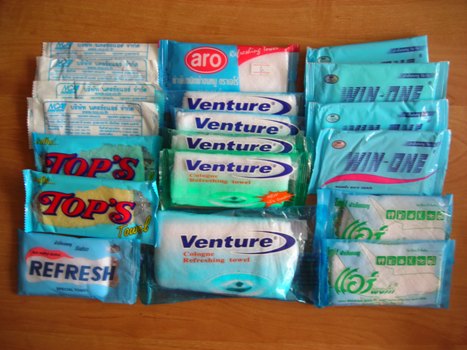
Wet Wipes
If you live in the USA, and you watch aerial, network television, you are bombarded with advertisements for wet wipes as the "last step in personal hygiene," for cleaning up after use of the toilet. The truth about wet wipes for intimate hygiene and for washing the hands is that they don't do a lot to keep you clean, but they are extremely beneficial for moisturizing. Adding moisture to the skin keeps it moist and supple, less likely to crack, and less likely to become infected. Wet wipes really do reduce the risk of infection, just not in the way that you would expect. Applying a moisturizer to the skin in any other way would work as well.
- Important notification about information and brand names used in this slideshow!
- Photo courtesy of Mattes by Wikimedia Commons : commons.wikimedia.org/wiki/File:Thai_Wet_wipes_-_wrapped.JPG
- Farage MA, Stadler A, Chassard D, Pelisse M. A randomized prospective trial of the cutaneous and sensory effects of feminine hygiene wet wipes.J Reprod Med. 2008 Oct. 53(10):765-73.
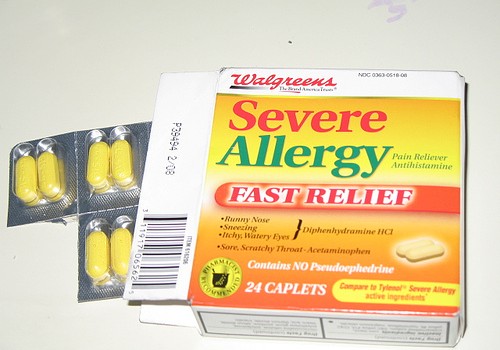
Over The Counter Allergy Medications
In the USA, just about every household has Benadryl, also known by its generic, chemical name diphenhydramine. If you need quick relief for an allergy attack and you don't have the time (or maybe you don't have the money) to see the doctor, Benadryl will do in a pinch. Benadryl relaxes the nerves in your the lining of your nose and throat and in your skin that trigger the release of the allergy-inducing chemical histamine. By putting these nerves "to sleep," Benadryl acts as an antihistamine, either putting an end to allergy attacks or stopping them before they start. An equally useful home remedy for allergies? Apples. An apple a day keeps the allergy away. A chemical called quercetin, which is especially abundant in apple peels, performs the same function without the soporific side effects. For the adults in your family, beer has a similar effect.
- Important notification about information and brand names used in this slideshow!
- Photo courtesy of Consumatron.com by Flickr : www.flickr.com/photos/consumatron/231853799/
- Chen W, Becker T, Qian F, Ring J. Beer and beer compounds: physiological effects on skin health. J Eur Acad Dermatol Venereol. 2013 Jun 27. doi: 10.1111/jdv.12204.
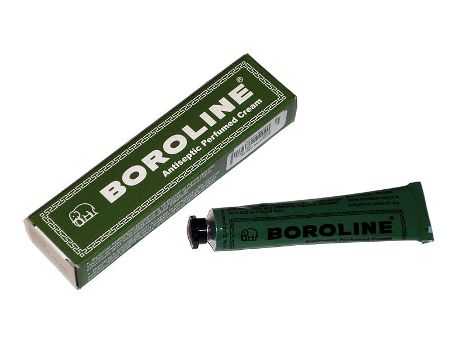
Antiseptic Creams
Antiseptic creams help prevent infections after minor abrasions, cuts, and scratches. Probably the most useful product teens is any antiseptic cream that contains tea tree oil. Suitable for teens who have past puberty and adults, tea tree oil kills bacteria, including acne bacteria, while it also relieves redness and inflammation. Tea tree oil is not suitable for children who have not reached puberty, but that old standby, petroleum jelly, also known as Vaseline, works well. This product moisturizes the skin and helps it heal. The immune system does the work of fighting infection, but the moisture helps the skin knit together more quickly so it can keep germs out. Products like Bacitracin are no more effective than Vaseline, but sometimes cause allergic reactions. Adults can use either product.
- Important notification about information and brand names used in this slideshow!
- Photo courtesy of patkar by Wikimedia Commons : en.m.wikipedia.org/wiki/File:Boroline_Antiseptic_Cream.jpg
- Smack, DP
- Harrington, AC
- Dunn, C
- Howard, RS
- Szkutnik, AJ
- Krivda, SJ
- Caldwell, JB
- James, WD (1996). "Infection and allergy incidence in ambulatory surgery patients using white petrolatum vs bacitracin ointment. A randomized controlled trial." JAMA : the journal of the American Medical Association 276 (12): 972–7.
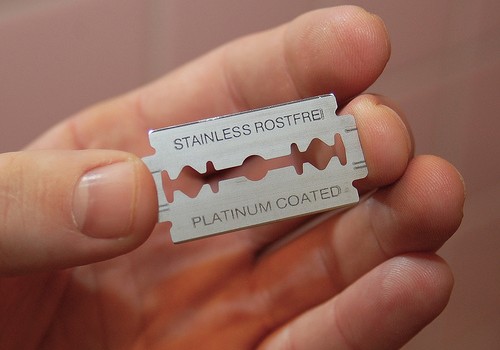
A Razor Or Scalpel
No one should do surgery at home, but a razor or scalpel sometimes can come in handy. The key to using a sharp instrument in wound care is to cut through dead tissue, not living tissue. It sometimes helps to reduce a callus growing over an area of skin irritated by friction or rubbing, but it is never a good idea to cut into the skin deep enough to draw blood. Razors used for shaving or hair reduction need to be sharp. Especially for people who have darker skin tones, a dull razor can force a hair back into the hair shaft, where it can be covered by skin and become infected.
- Important notification about information and brand names used in this slideshow!
- Photo courtesy of scott feldstein by Flickr : www.flickr.com/photos/scottfeldstein/358309802/
- Crutchfield CE 3rd. The causes and treatment of pseudofolliculitis barbae. Cutis. 1998 Jun. 61(6):351-6. Review.




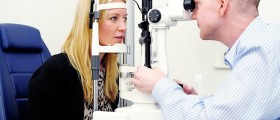

_f_280x120.jpg)

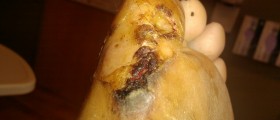

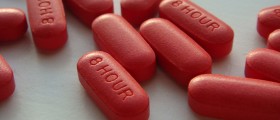


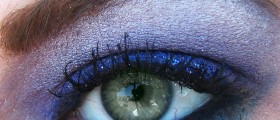


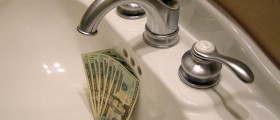

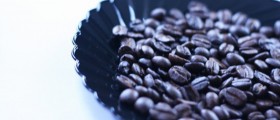


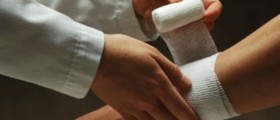

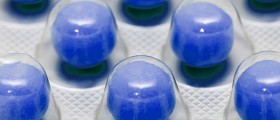
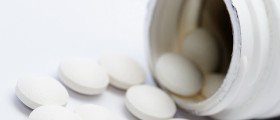
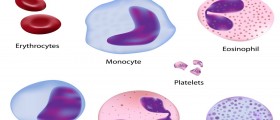
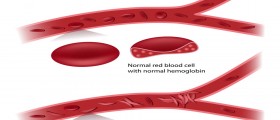
Your thoughts on this
Loading...